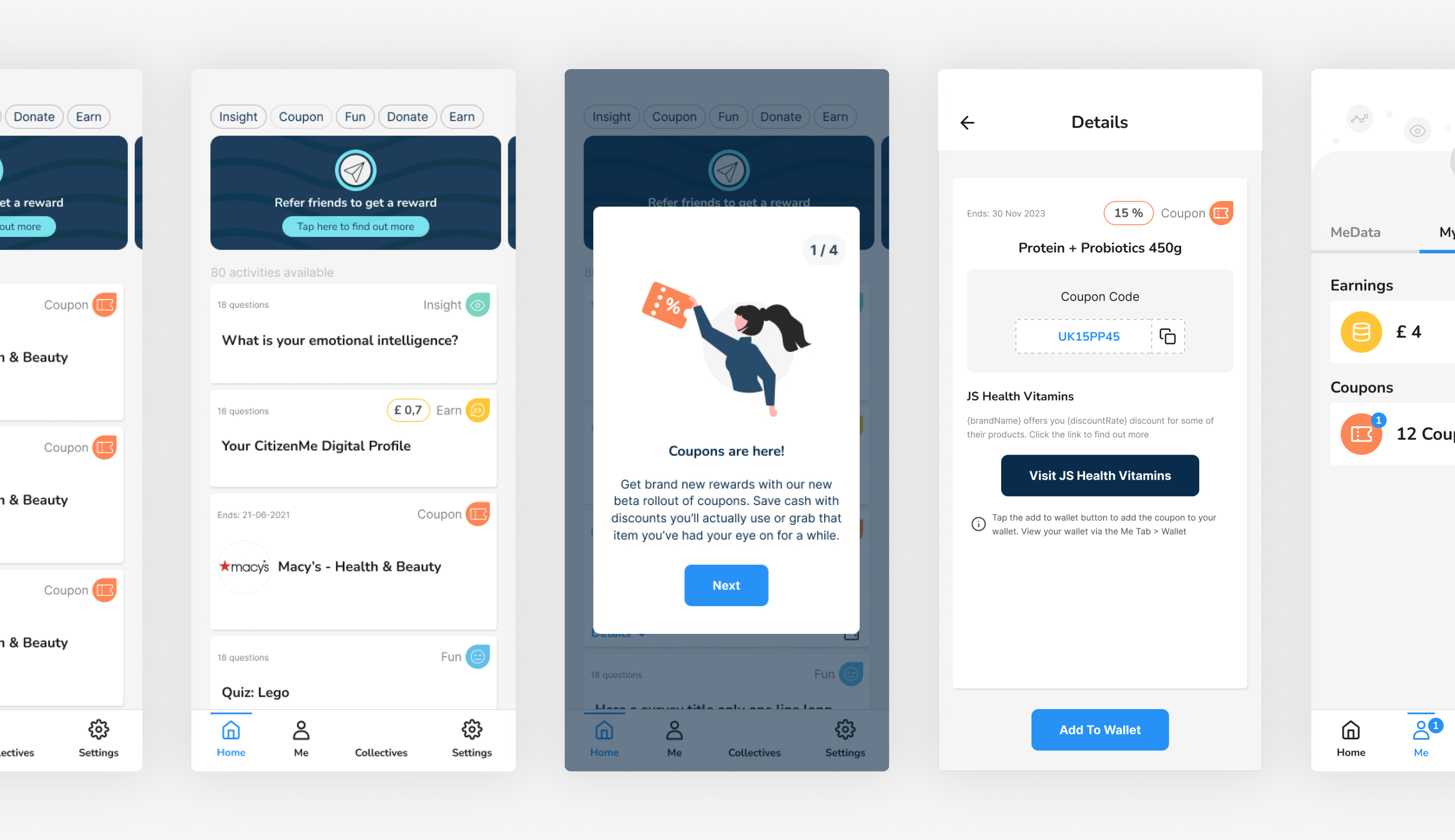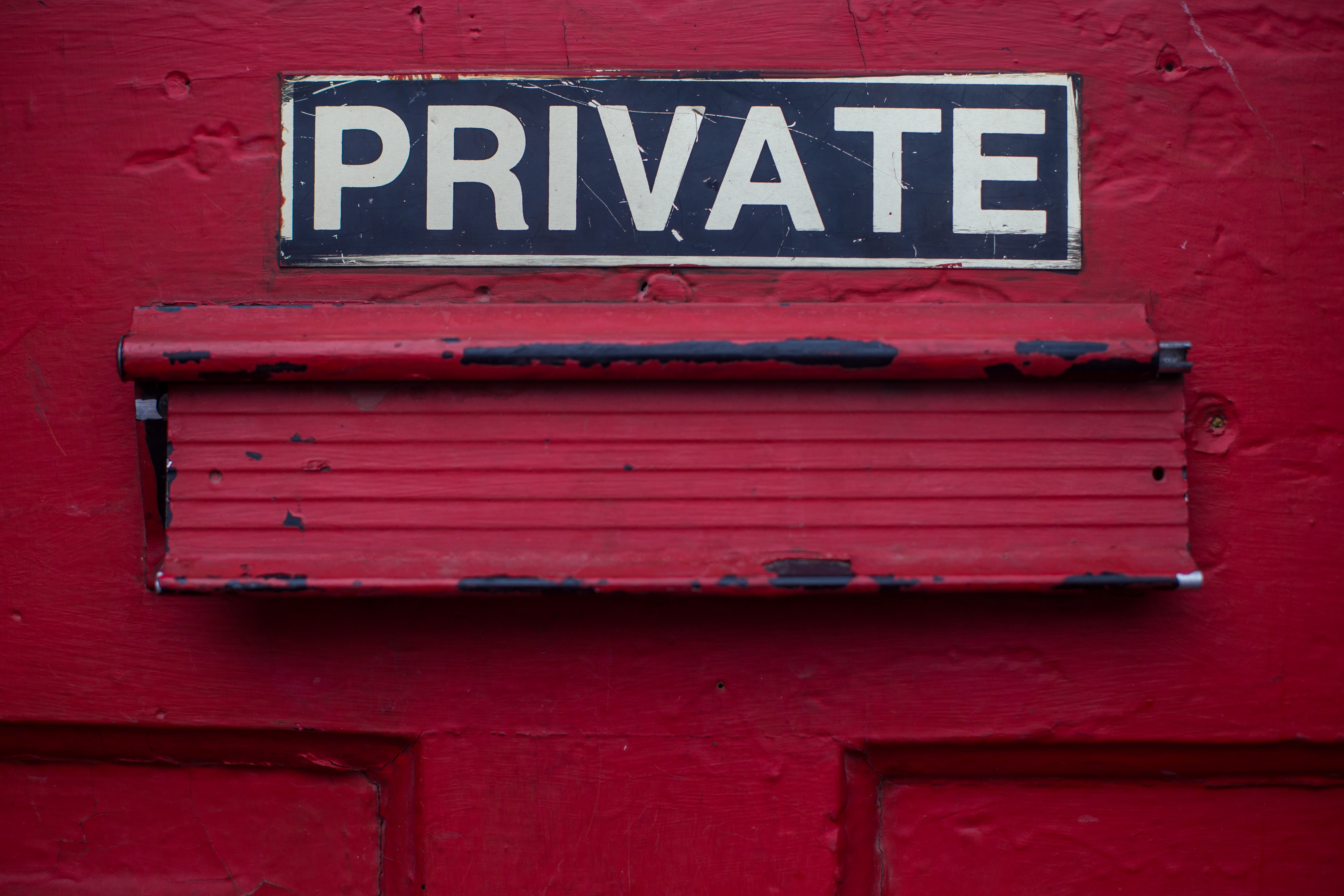
Digital Memories: Choosing How We Share (part 2)
Digital Memories: Choosing How We Share (part 2) https://www.citizenme.com/wp-content/uploads/2019/09/AdobeStock_265461058.jpeg 1620 1080 StJohn Deakins StJohn Deakins https://secure.gravatar.com/avatar/67e7ca4885d1b922783ca3a83741a282?s=96&d=mm&r=gAs much as we might sometimes like to think otherwise, we all need to keep some things private to ourselves. Embarrassing events, shared intimacies, funny ideas, ‘crazy’ thoughts, or just recollections of times when we acted less than perfectly with others. These private memories are central to who we are. Having control of them and how we process, store and recall them helps us define who we are, both to ourselves and to others. In the digital world, we call this ‘privacy’. And private digital memories must be protected. The United Nations has declared privacy a human right (article 12).
At the other end of the scale, there are some memories that we feel must be shared with the whole world. For example, if you’re lucky enough to have fallen in love, you’ll hopefully remember bursting with joy and the impulsive desire to tell everyone you know – sharing with wild abandon. We also do this when we announce that we’re getting married, have achieved a life goal, publish a creative effort (books, music, art) or, in a slightly more mundane everyday way, post holiday pics on Instagram or share our accomplishments on LinkedIn.
Similarly, we may feel the need to share hard events in our lives with everyone to relieve pressure, seek help from the community, justify a certain behaviour or raise awareness of an issue that affects the general population.
Where it gets trickier though, both in real-life and digitally, is the middle ground, where we share in confidence. We might have all experienced confiding a secret with a friend, only to realise that the secret has been shared with others, breaking your confidence. In real-life, we learn and look for signs that show that we can trust the person we’re confiding in. In the digital world, we haven’t yet worked out, as a society, how to do this. This is further screwed up by companies insisting on treating our personal data, which we have shared in confidence, as tradable property – to be sold on to others without our consent.
Regulations like the EU GDPR are helping define ways that we can share our personal data in confidence, but it’s still very early. By thinking of personal data as part of who we are, we can help evolve the way that our digital society uses data to work for people – designed with humans at the centre. CitizenMe is working to make this happen.
This blog is the second of the series Digital Memories. Watch out for the next post on this series Commerce. If you missed the first blog, read it here.
If you’d like to join us as a Citizen or Client, have any questions or would like more information, don’t hesitate to contact us at hello@citizenme.com.
- Post Tags:
- #Customer Reearch
- #future
- #memory
- AI
- artificial intelligence
- big data
- Case study
- CitizenMe
- CitizenMe App
- CitizenMe Community
- Data
- Data Ethics
- Data Privacy
- Data Protection
- Data Science
- Decentralised Data
- Democratising Data
- Digital Citizenship
- Digital Identity
- Digital Rights
- Ethical Data
- GDPR
- Human Data
- insights
- Machine Learning
- Personal Data
- Privacy
- Survey
- testimonial
- Transparency
- Trust
- Posted In:
- Business blog
- Citizen blog
- Uncategorized
StJohn Deakins
StJohn founded CitizenMe with the aim to take on the biggest challenge in the Information Age: helping digital citizens gain control of their digital identity. Personal data has meaning and value to everyone, but there is an absence of digital tools to help people realise its value. With CitizenMe, StJohn aims to fix that. With a depth of experience digitising and mobilising businesses, StJohn aims for positive change in the personal information economy. Oh… and he loves liquorice.
All stories by: StJohn Deakins




